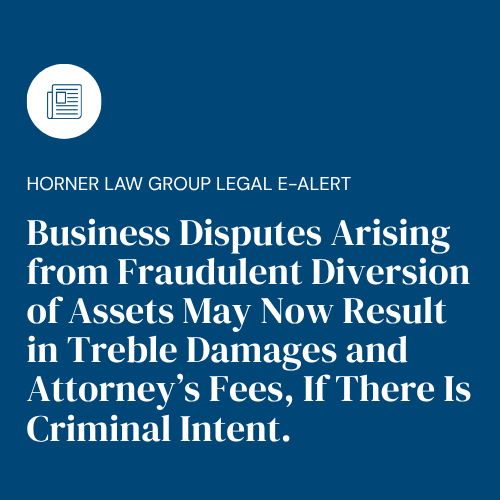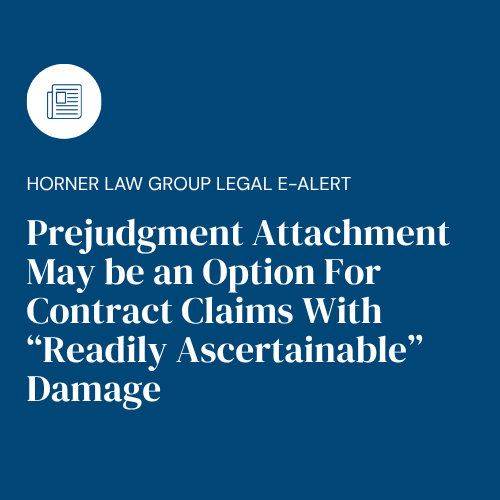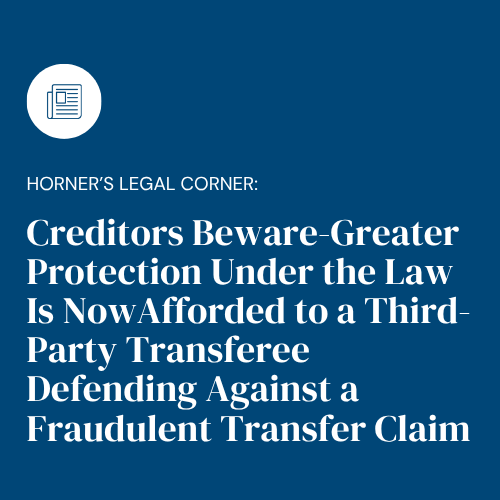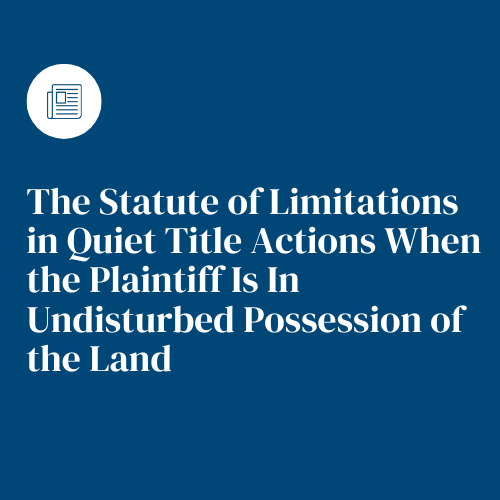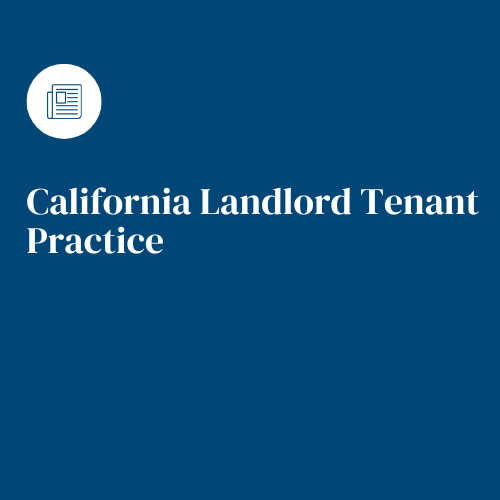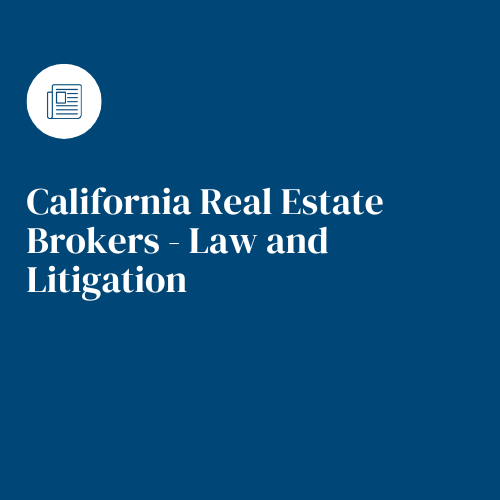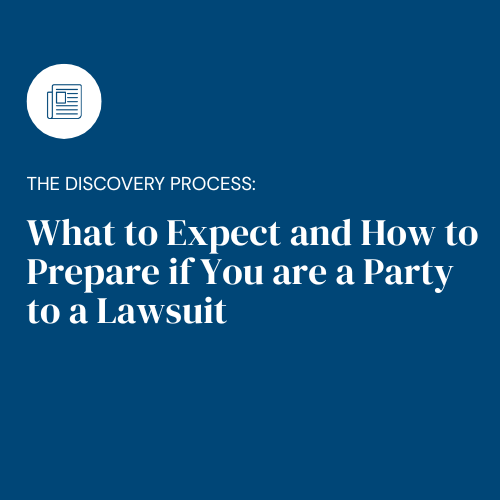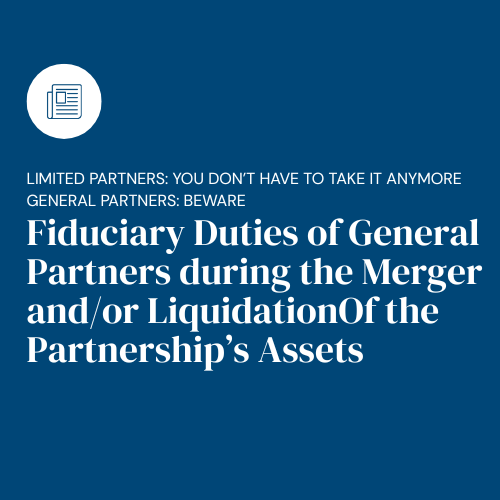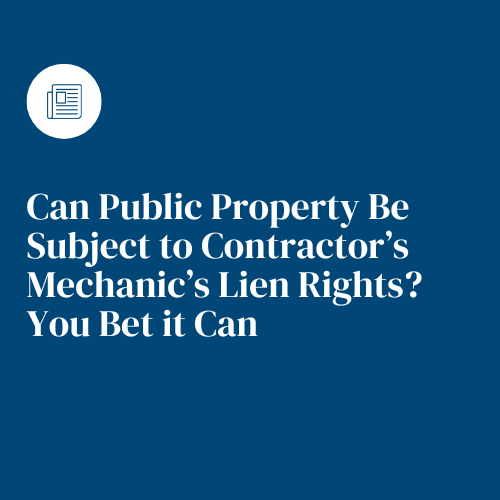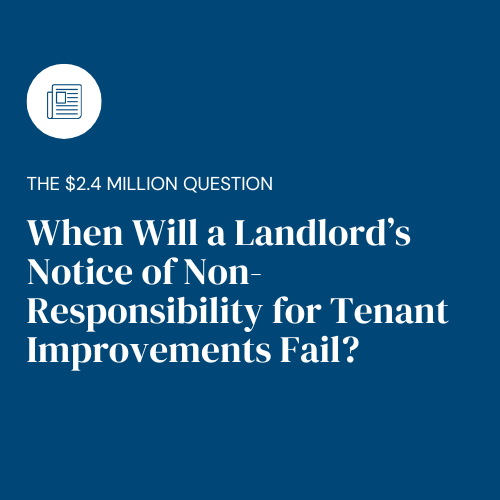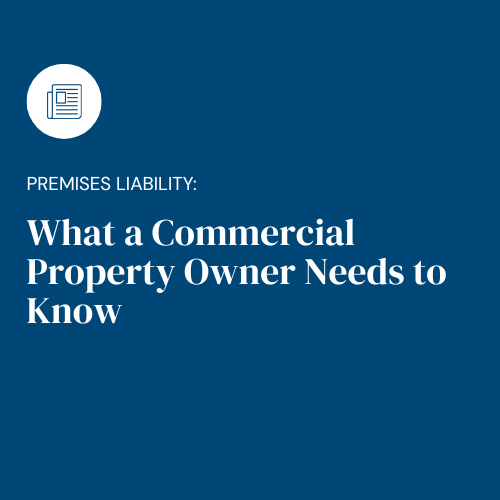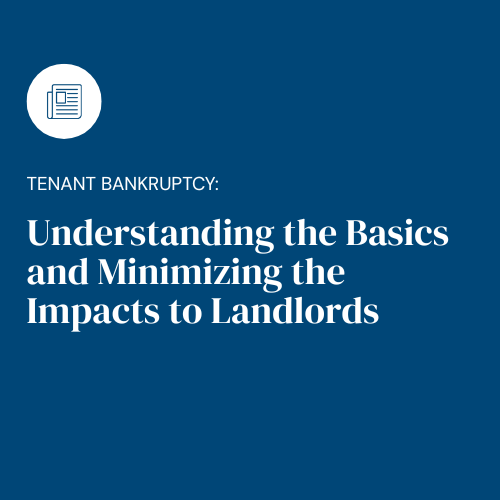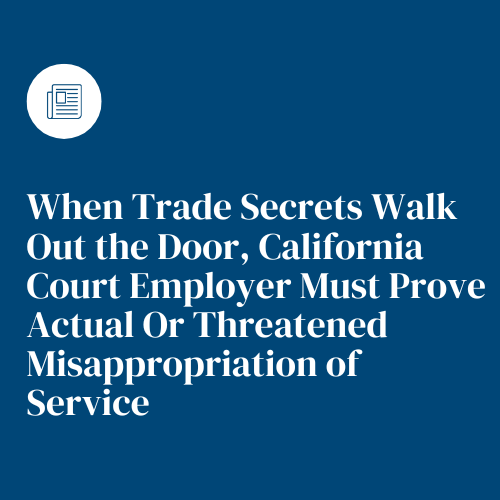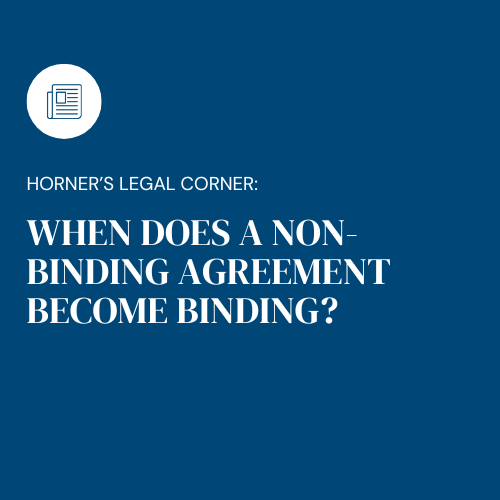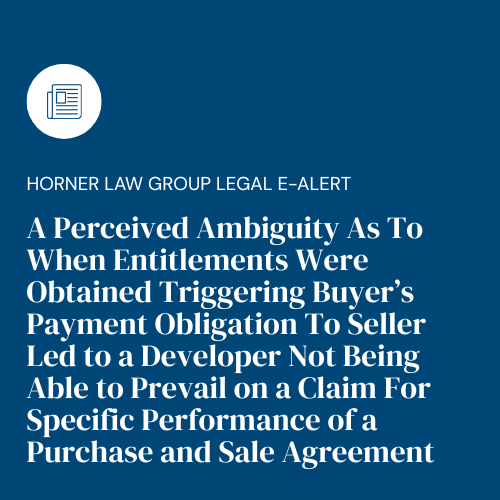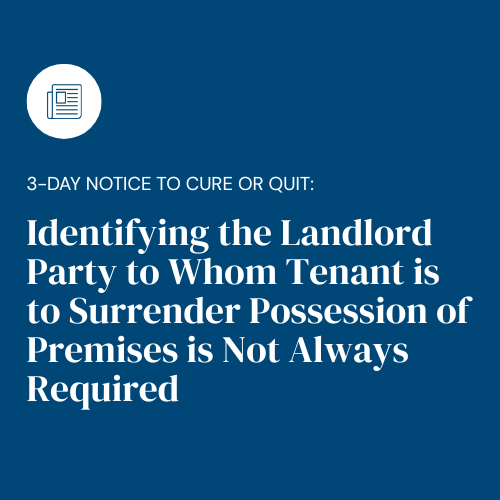MECHANICS LIENS: Can Public Property Be Subject to Contractor's Mechanic's Lien Rights?
Author: Clifford R. Horner & Frederick A. Hagan
Nine out of ten California attorneys will tell you that mechanic's liens are unenforceable against property owned by a public or governmental entity as a matter of law. Nine out of ten California attorneys are wrong.
A brief history of mechanics' lien law helps explain. In California, mechanics' liens are mandated by the State Constitution. The California Constitution guarantees that laborers of every class shall have a lien upon the property upon which they have bestowed labor or furnished material for the value of such labor done and material furnished; and the legislature shall provide, by law, for the speedy and efficient enforcement of such liens. Even before California's present Constitution was adopted in 1879, the first session of the state legislature enacted a mechanics' lien law in 1850. Mechanics' liens are therefore one of the oldest and deeply rooted worker's rights statutes in existence in the state. Courts have uniformly classified the mechanics' lien laws liberally in favor of the protection of laborers and materialmen.
When a contractor performs, and is not compensated for, private improvements which remain in place and are currently being used as a private for profit business on public property, the contractor is entitled to the full constitutional protections of California's mechanics' lien laws.
Nevertheless, public entities usually contend that the contractor's mechanics' lien action is precluded as a matter of law because the public entity has an ownership interest in property upon which the private improvements were constructed. The public entities typically cite, without sufficient discussion, alleged authority for the proposition that a mechanics' lien may not be allowed against "public property."
However, the "public property" referred to in the California case law often cited by the public entities are "public works." It is undisputed that "public works" are exempted under both current statutory and common-law exemptions. Under the principles of sovereign immunity, mechanics' liens may not be asserted on government projects. The only remedies available as to public works projects are stop notices and actions on public works payment bonds. These public works exemptions do not apply, however, to mechanics' liens where the improvements at issue are not "public works" and where the contractors' claim does not involve a public contract or work on a public project. Where the property at issue is used for private business purposes, the public entity's ownership interest in the property is akin to an absentee landlord of commercial property.
Cases cited by public entities typically involve actions for recovery on public works contracts with public entities. However, where the contractor's contract is not with a public entity—but with a private party—and the improvements are not public works—but private works—such authority is distinguishable.
Under the statutory exemption, "public works" are exempt from the mechanics' lien procedures. The mechanics' lien statutes define a "public work" as "a work of improvement contracted for by a public entity." "Public entity" means the state, ... a county, city, district, public authority, public agency, and any other political subdivision or public corporation in the state." "Work of improvement" includes but is not restricted to the construction, alteration, addition to, or repair, in whole or in part, of any building. Thus, under the clear language of the statutory exemption, only "a work of improvement contracted for by a public entity" is exempted from the mechanics' lien statutes—property merely owned by a public entity is not exempted.
The public entity cannot stretch the plain language of the statutory exemption to apply to the contractor's lien against all private improvements made to publicly owned property. "Generally, doubts concerning the meaning of the mechanics' lien statutes are resolved in favor of the claimant." Any ambiguities in the application of the mechanics' lien laws to a particular case are construed in favor of "the person who provided labor and/or materials to improve the property."
As such, a contractor's mechanics' lien is not statutorily exempted when the contractor's mechanics' lien is unrelated to a work of improvement contracted for by a public entity. When the work at issue is private work contracted for by a private entity, and the specific improvements at issue are entirely private, the public entity has no basis to construe such a private project as a "public work" under the mechanics' lien statutes. One example would be property owned by a Port and leased to a private party, which private party then contracts for improvements to a retail establishment (e.g. a restaurant or gift shop) located on the Port property. Such a project clearly is not a "public work" contracted for by a "public entity."
When a mechanics' lien is asserted against property that a public entity leases to a private for-profit business for solely proprietary purposes, not governmental purposes (e.g. a library or City Hall), foreclosure of that mechanics' lien would also not disrupt any essential public services or municipal functions. Therefore, the statutory exemption which only applies to "public works" is inapplicable under most case law authority with similar controlling statutes nationwide.
California public entities often cite New York case law to argue that a contractor cannot foreclose a mechanics' lien against the lease or leasehold improvements constructed at the direction of private-party lessees, because the public entity has an ownership interest in the property. However, New York's interpretation of the specific governing New York statute does not control the interpretation of mechanics' lien rights under the California Constitution and its enabling statutes. In New York, "a mechanics' lien is a statutory remedy, to be strictly constructed with respect to public liability." New York statutes specifically delineate the types of property subject to a mechanics' lien and exclude all property owned by a public entity (i.e. even property leased by a private party). New York authority, based on a strict interpretation of the New York statutes specifically exempting publicly-owned property from mechanics' liens, is not persuasive when considering California's constitutional-based mechanics' lien rights, because "[t]he mechanics' lien claimant occupies a favored position in California law." "The mechanics' lien derives from the California Constitution itself, ... no other creditors' remedy stems from constitutional command."
Moreover, statutes that conflict with the rights provided by the mechanics' lien law embodied in the California constitution are invalid. Because California's mechanics' lien rights flow from the Constitution, doubts and ambiguities in the application of the mechanics' lien laws to a particular case are "construed in favor of the person who provided labor and/or materials to improve the property."
As discussed above, private works are not automatically exempt from mechanics' liens in California merely because a public entity has an ownership interest in the underlying property. If the improvement is contracted for by a private party for a for-profit venture, California mechanics' lien rights will apply. Now you know more than nine out of ten California attorneys.
Subscribe to Horner Law Group Mailing Lists
Get the latest significant legal alerts, news, webinars, and insights that affect your industry.

